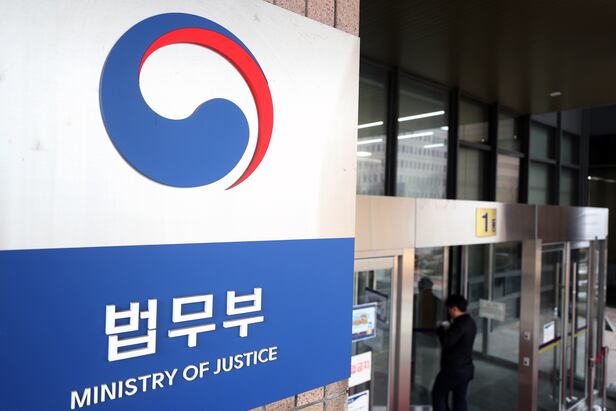Prosecutor Resigns After One-Month Suspension for Accepting Drinks from Key Figure in Lime Asset Management Scandal

On May 23, prosecutor 나의엽 (Na Ui-yeop), 50, who received a one-month suspension for accepting drinks from 김봉현 (Kim Bong-hyun), the former chairman of 스타모빌리티 (Star Mobility) and a central figure in the Lime Asset Management scandal, announced his resignation. In a message posted on the internal prosecutor network, Na expressed that he found it increasingly difficult to perform his duties as a prosecutor, leading to his decision to resign, which he had contemplated for some time.
Reflecting on his career, Na stated, 'While I believe I accomplished many rewarding tasks during my time as a prosecutor, I also have many regrets.' He added that despite the challenges, he cherished the majority of his time in service and expressed gratitude to all his colleagues.
Na was suspended and fined approximately 3.49 million won for receiving about 1.16 million won worth of hospitality from Kim Bong-hyun at a nightclub in Cheongdam-dong, Gangnam, on July 18, 2019. This incident was deemed to have compromised his dignity as a prosecutor. Disciplinary actions for prosecutors can include dismissal, suspension, demotion, and reprimand, with suspensions classified as serious penalties.
Two other prosecutors, 유효제 (Yoo Hyo-je) and 임홍석 (Im Hong-seok), who were present at the same gathering, received reprimands and fines of around 660,000 won each.
In October 2020, Kim revealed in a letter from prison that he had provided drinks to Na and others, claiming that a lawyer had indicated that they would join the investigation team for the Lime case. Subsequently, the prosecution charged Na and Kim with violating the Anti-Corruption Act, citing a total drink bill of 5.36 million won, with Na allegedly receiving 1.14 million won in benefits. The amounts received by Yoo and Im were calculated at 960,000 won, leading to their non-prosecution as it did not exceed the 1 million won threshold for criminal penalties under the law.
While the first and second trials acquitted Na, the Supreme Court overturned this decision in October last year, stating that the lower court had misunderstood the legal principles regarding the assessment of the benefits received.
What do you think?
0 reactions





